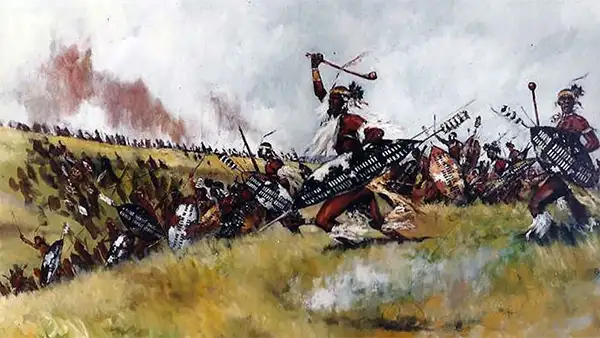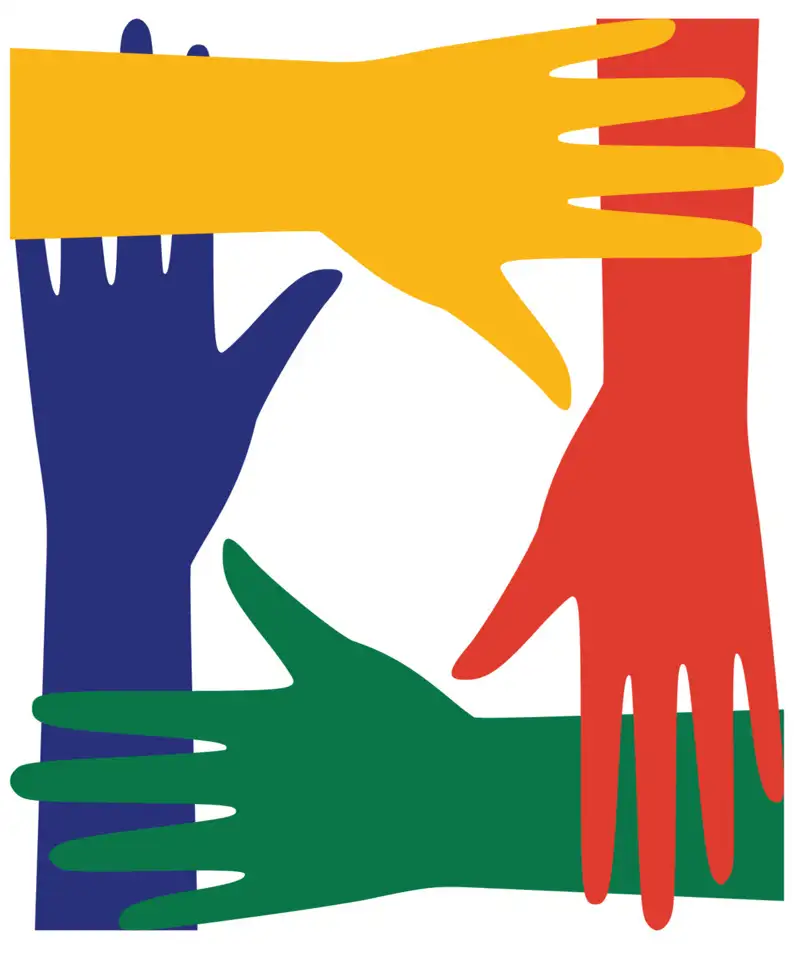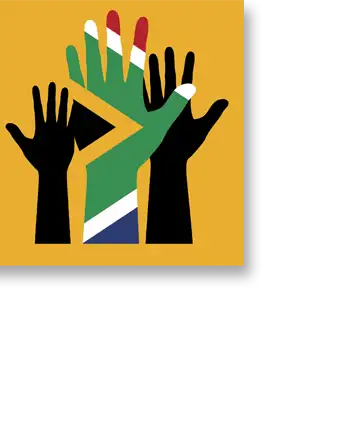The Day of Reconciliation, observed annually on December 16th, is a cornerstone in South Africa's public holiday calendar, symbolizing the nation's continuous strides towards healing and unity in the post-apartheid era. This day is not just a moment for reflection but also a beacon of hope, representing a significant transition in the country's narrative. It is a day that encapsulates the transformation from a tumultuous history riddled with conflict, racial segregation, and division, to an era that aspires for a harmonious coexistence rooted in mutual respect and understanding. The Day of Reconciliation serves as a powerful reminder of the resilience and strength of the South African people, as they navigate the complex journey of reconciling a divided past while forging a future that embraces diversity and inclusivity. It's a day that resonates deeply within the national psyche, offering a chance to acknowledge past injustices, celebrate progress in unity, and recommit to the ideals of equality and shared humanity. This day's significance goes beyond mere commemoration; it embodies the essence of a nation's ongoing quest to build a society where every individual, irrespective of their background, can thrive in peace and dignity.
Historical Context
The historical significance of December 16th in South Africa is multi-faceted, representing two pivotal events from distinct eras. Initially, this date was ingrained in the Afrikaner memory as the Day of the Vow. This day commemorated the 1838 Battle of Blood River, where the Voortrekkers, Dutch settlers in South Africa, triumphed over the Zulu Kingdom. According to  Afrikaner folklore, the Voortrekkers made a vow to God for victory and promised to build a church should they be successful. Their victory at Blood River was seen as divine intervention, and thus the day took on a sacred significance, becoming a symbol of Afrikaner nationalism and identity.
Afrikaner folklore, the Voortrekkers made a vow to God for victory and promised to build a church should they be successful. Their victory at Blood River was seen as divine intervention, and thus the day took on a sacred significance, becoming a symbol of Afrikaner nationalism and identity.
For many years, December 16th was celebrated in this context, reflecting the triumphalist narrative of Afrikaner history and often exacerbating racial tensions in a country deeply divided along racial lines. This celebration was a stark reminder of the systemic injustices and marginalization faced by the black majority under the apartheid regime, a system of institutionalized racial segregation and discrimination that was implemented by the National Party, dominated by Afrikaners, from 1948.
However, the same date bears a different yet equally profound significance for the black South African community. On December 16th, 1961, in response to the Sharpeville Massacre of 1960 and the subsequent banning of anti-apartheid political parties, the African National Congress (ANC), a key political organization fighting against apartheid, made a decisive move. It launched its armed wing, Umkhonto we Sizwe (Spear of the Nation), signaling a shift from passive resistance to active armed struggle against the apartheid regime. This day marked the beginning of a series of sabotage campaigns targeting government installations and infrastructure designed to avoid loss of life while exerting pressure on the apartheid government.
This action by the ANC and its armed wing was a significant escalation in the fight against apartheid. It demonstrated the resolve of the black South African community and other anti-apartheid groups to challenge the oppressive regime through all available means. December 16th thus transformed from a day symbolizing Afrikaner dominance to one symbolizing resistance and the struggle for freedom and equality by the oppressed majority.
In the post-apartheid era, these contrasting histories of December 16th have been brought together under the Day of Reconciliation. This reimagining of the day is a testament to South Africa's efforts to acknowledge and heal from its deeply divided past. It represents a conscious effort to create a shared narrative that recognizes the diverse histories and experiences of all South Africans, fostering a sense of common identity and purpose in building a united and democratic nation.
Significance in the New South Africa
In the context of New South Africa, a nation striving to heal from the deep scars of apartheid, the Day of Reconciliation takes on profound significance. Established in the post-apartheid era, specifically after the first democratic elections of 1994, this day symbolizes a deliberate and hopeful step towards bridging the historical divides that once fractured the nation.
The inauguration of the Day of Reconciliation in the new democratic South Africa was not just a renaming of a date on the calendar. It was a powerful act of reclamation and redefinition, transforming December 16th from a day that once epitomized division and conflict into one that now embodies the aspirations of unity, peace, and collective healing. This day is a conscious effort to knit together a society torn apart by decades of institutionalized racial segregation and oppression.
The choice of this specific date, with its dual significance for both the Afrikaner and the black African communities, was emblematic of the new nation's commitment to inclusivity and mutual recognition. It acknowledged the painful past of both communities – the Afrikaner's memory of the Battle of Blood River and the black South Africans' struggle against apartheid – and recontextualized them within a narrative of reconciliation and nation-building.
In the New South Africa, the Day of Reconciliation is a time for reflecting on the country's tumultuous history and recognizing the long journey ahead in overcoming the legacy of apartheid. It is an opportunity for South Africans from all walks of life to come together, not only to remember the past but also to celebrate the progress made towards establishing a society based on democratic values, social justice, and fundamental human rights.
Moreover, the day serves as a reminder of the enduring power of forgiveness and the importance of working together to forge a shared future. It encourages dialogue and understanding across different racial, cultural, and political divides, fostering a sense of common South African identity.
The Day of Reconciliation thus stands as a beacon of hope and a symbol of the enduring commitment of South Africans to build a nation defined not by its divided past, but by its united future. It reflects the nation's ongoing journey of transformation, highlighting the importance of empathy, respect, and collaboration in creating a harmonious and prosperous society for all.
Celebrations and Traditions
The Day of Reconciliation in South Africa is marked by a variety of celebrations and traditions that reflect the country's rich cultural diversity and its commitment to unity. These observances are not just festive; they serve as vital tools for fostering understanding and strengthening the bonds among different communities.
- Cultural Events and Performances: Across the nation, cultural events take center stage on this day, showcasing the diverse heritage of South Africa's people. Traditional music, dance, and art from various ethnic groups are prominently featured. These performances provide a platform for cultural expression and celebrate the unique contributions of each community to the national tapestry.
- Historical Reflections and Educational Programs: Many institutions organize seminars, lectures, and exhibitions that delve into South Africa's complex history. These events often focus on educating the public about the significance of the Day of Reconciliation and the country's journey towards democracy. By understanding the past, these programs aim to inspire a commitment to a more inclusive and equitable future.
- Community Gatherings and Dialogues: Community gatherings play a crucial role in the Day of Reconciliation. Town halls, community centers, and public spaces become venues for dialogue and interaction, where individuals from different backgrounds come together to share stories, experiences, and hopes for the future. These gatherings are often facilitated by community leaders, activists, and educators, aiming to promote mutual understanding and respect.
- Sports Events: Sports, being a unifying factor in South Africa, feature prominently in the celebrations. Tournaments and matches, particularly in popular sports like soccer and rugby, are organized, symbolizing the role of sports in bridging cultural and racial divides. These events are not only about competition but also about building camaraderie and teamwork among diverse groups.
- Government Ceremonies: The South African government officially commemorates the Day of Reconciliation with ceremonies that often include speeches from political leaders and public figures. These events are typically imbued with messages of unity, peace, and the ongoing efforts to build a just and equitable society. They serve as a reminder of the government's commitment to reconciliation and the ideals of the post-apartheid era.
- Peace Marches and Vigils: In some areas, peace marches and candlelight vigils are organized to honor those who struggled for freedom and to advocate for continued efforts towards peace and reconciliation. These solemn observances are powerful expressions of solidarity and collective remembrance.
Through these diverse celebrations and traditions, the Day of Reconciliation serves as a vibrant and poignant reminder of South Africa's rich cultural mosaic. It underscores the nation's ongoing commitment to healing divisions and building a society that values diversity, equality, and mutual respect.
The Day of Reconciliation plays a crucial role in South Africa's ongoing efforts to confront its divided past. It serves as a reminder of the country's complex history and the sacrifices made by many to achieve democracy. More importantly, it underscores the importance of continuing to work towards a society where differences are celebrated and equality is upheld.
The Day of Reconciliation is not just a public holiday; it is a profound symbol of South Africa's journey towards a more inclusive and harmonious society. It reminds us of the power of forgiveness, the importance of understanding our shared history, and the continuous effort required to maintain unity in diversity.
Please Share our Content






 Afrikaner folklore, the Voortrekkers made a vow to God for victory and promised to build a church should they be successful. Their victory at Blood River was seen as divine intervention, and thus the day took on a sacred significance, becoming a symbol of Afrikaner nationalism and identity.
Afrikaner folklore, the Voortrekkers made a vow to God for victory and promised to build a church should they be successful. Their victory at Blood River was seen as divine intervention, and thus the day took on a sacred significance, becoming a symbol of Afrikaner nationalism and identity.








 "Sláinte!" is a traditional Irish expression used as a toast, equivalent to "Cheers!" in English.
"Sláinte!" is a traditional Irish expression used as a toast, equivalent to "Cheers!" in English.